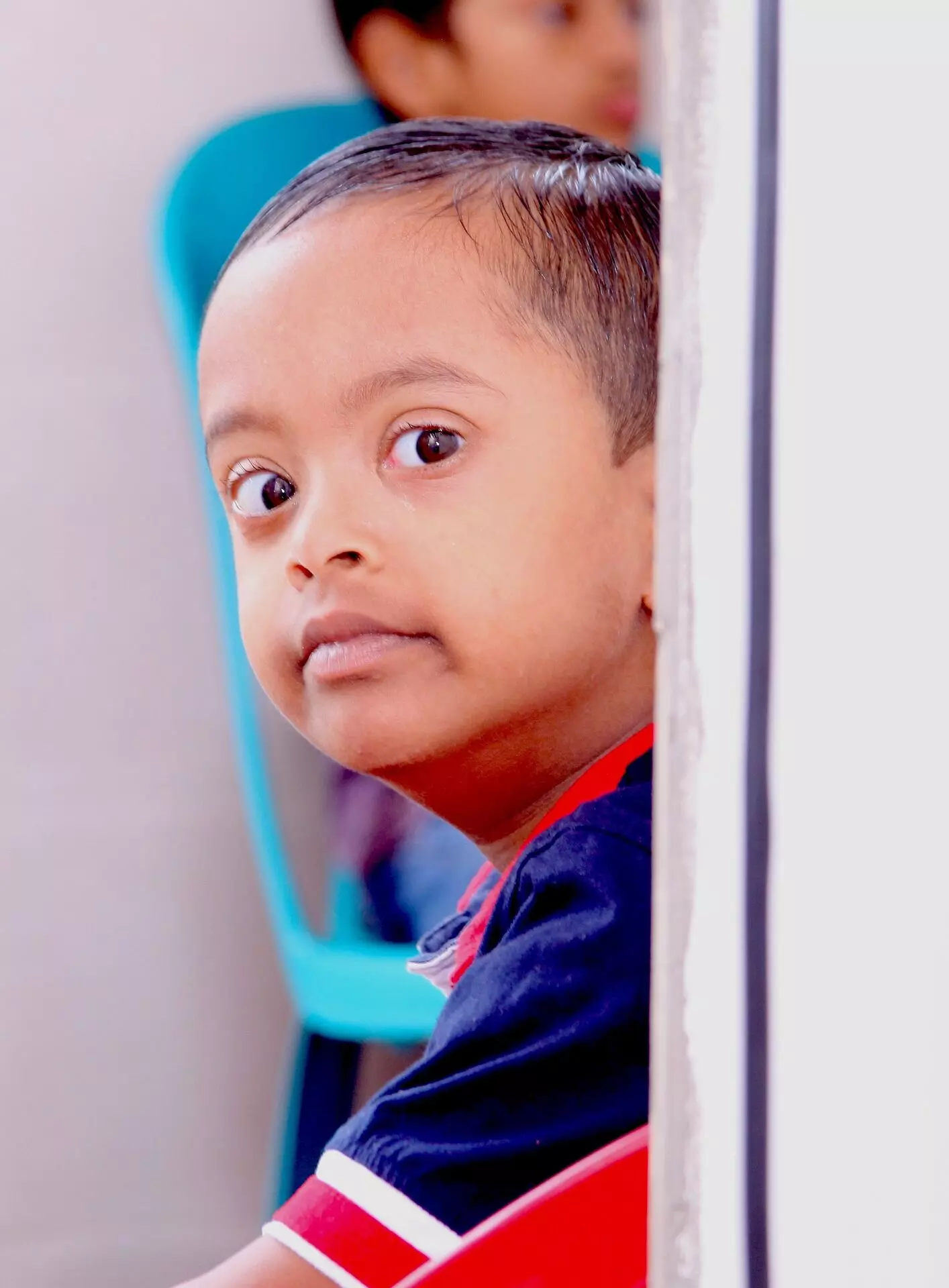Align with the ‘spectrum’
Lifestyle and preferences of children living with autism are dictated by the degree to which they are affected; being respectful and accommodative towards their condition is the need of the hour

I just found out that a friend’s 4-year-old son is on the spectrum. I have no idea what that means or how to support my friend. Further, I would like to educate my 8-year-old child to be sensitive towards the child who got diagnosed with ASD (autism spectrum disorder), but I don’t know what to say. Please help.
To be on the spectrum” refers to someone with a condition called Autism Spectrum Disorder (ASD). It is a neurodevelopmental condition that affects communication, behaviour, and social interaction. It is a lifelong condition that can present differently in each person who has it, making it a ‘spectrum’ disorder. People who are on the spectrum may have difficulty with social interactions, and communication, and may have repetitive behaviours or interests. The spectrum also refers to the varied degree to which one can be affected by this and there are no absolutes for the condition.
April 2, each year, is celebrated as World Autism Awareness Day, to promote awareness, acceptance, and understanding of ASD worldwide.
Symptoms of ASD
Communication: Some people with autism may have difficulty with spoken language while others may have difficulty in nonverbal communication, e.g. eye contact, facial expressions, and body language. Some individuals may also have trouble understanding sarcasm, irony, or humour.
Social interactions: There may be difficulty in understanding social cues, and the affected person may not understand the emotions of others. The subtle undertones can be missed easily and, as a result, they may have difficulty making friends or engaging in social activities.
Repetitive behaviours or interests: These may include things like hand-flapping, rocking back and forth, or repeating certain words or phrases. People with autism may also have an intense interest in specific topics, and face difficulty focusing on anything else. They like to adhere to order, repetitive predictable routines, and patterns.
Is Asperger’s a different diagnosis than ASD?
While in the past Asperger’s was referred to as high-functioning autism, the term and other subtypes of ASD have been scrapped and are all under the umbrella term of Autism spectrum now.
How does one get a diagnosis, who gives it and what is the prognosis?
A team of psychiatrists, psychologists, paediatricians, speech therapists, and OTs (occupational therapists) can help provide the diagnosis after a thorough evaluation and standardised testing. One would need to meet the diagnostic criteria from the Diagnostic and Statistical Manual of Mental Disorders (DSM-5), or ICD-11 (the international classification of diseases).
Can those with ASD lead a normal life? Can they hold a job and be integrated into society?
The answer is not black and white. Based on the degree of the condition, comorbidities, timely diagnosis, intellectual capacity, resources, timely intervention and more, the prognosis can vary. Some individuals with ASD can live independently and hold jobs while others may need significant support throughout their lives.
What can you do to support your friend whose child has recently received the diagnosis?
This must be hard for your friend and her family. Remember that you are already taking the first step by getting informed about the condition and trying to understand it better.
Try to offer her emotional support, be an ally, and try your best to be understanding. It’s okay if you don’t have all the information; keep educating yourself. At the same time, provide practical help like driving the friend to her child’s appointment, providing a cooked meal, and including their child in various activities with your children to make them feel included. You can also help connect them to the right resources and bodies, and attend doctors’ meetings with them to help them better understand the condition.
Better lingo
Inclusive terminologies can help create better awareness around ASD.
Refrain from using terms like: ‘autistic person’, ‘suffering from autism’, ‘retarded’ or ‘mentally challenged’. Instead, opt for terms like ‘person with autism’ and ‘living with autism’ to show neutrality and inclusion.
How to talk to young children about another child’s spectrum diagnosis?
Talking to children from a young age, and making them understand mental health conditions from the beginning, can make the stigma against these conditions considerably less.
Remind your child that everyone is unique. Being on the spectrum doesn’t mean that someone is ‘broken’, ‘odd’, or ‘less than’ anyone else. Some people work a little differently, and they may need some extra support or accommodation to help them navigate the world around them. This can be like how some people wear glasses to help them see better or use a wheelchair to help them move around. Similarly, some people on the spectrum may use tools or strategies to help them communicate or manage sensory inputs.
Remind them to be patient, kind, respectful, and understanding towards their friend who is on the spectrum. Visit this conversation a few times with your child to help them understand, and try to answer their questions. Watching movies or series together can sometimes ease conversations as well.
Watch: ‘Rain Man’ (1988), ‘The Accountant’ (2016) and the Netflix series called ‘Atypical’ (2017-2021)
Send your questions to [email protected]



